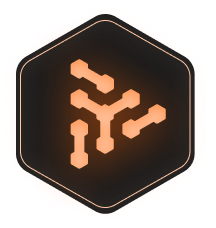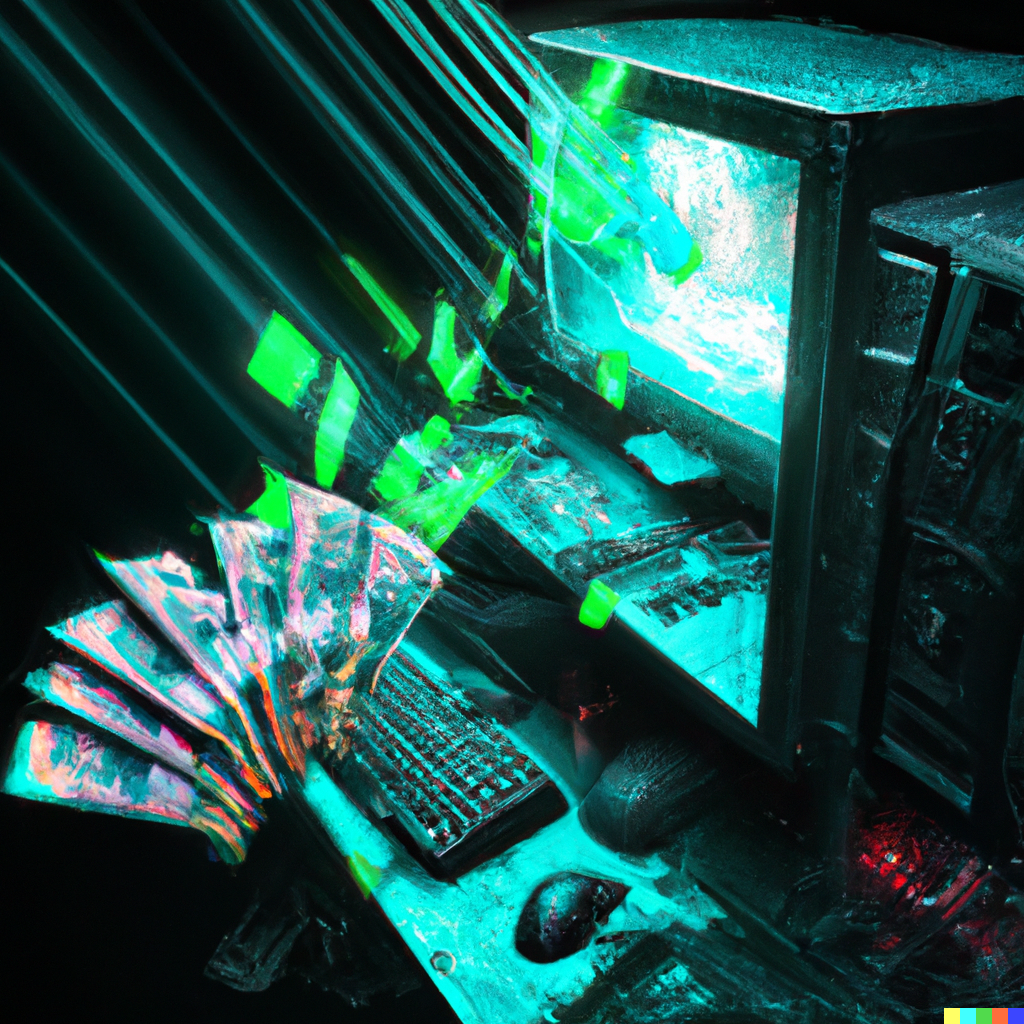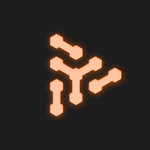In the world of remote-everything, we asked ourselves: "Why aren't Game Arenas providing their services remotely?" The infrastructure is good enough to do it, and the tech is ready. Cloud Gaming is on the rise, and game arenas have no way of competing with existing cloud gaming services. It sounds absurd that there is so much unused PC power in the world, but no ways to share that power with gamers.
Introducing Clastr for Business: Remote Access to eSport Venues & Gaming Arenas
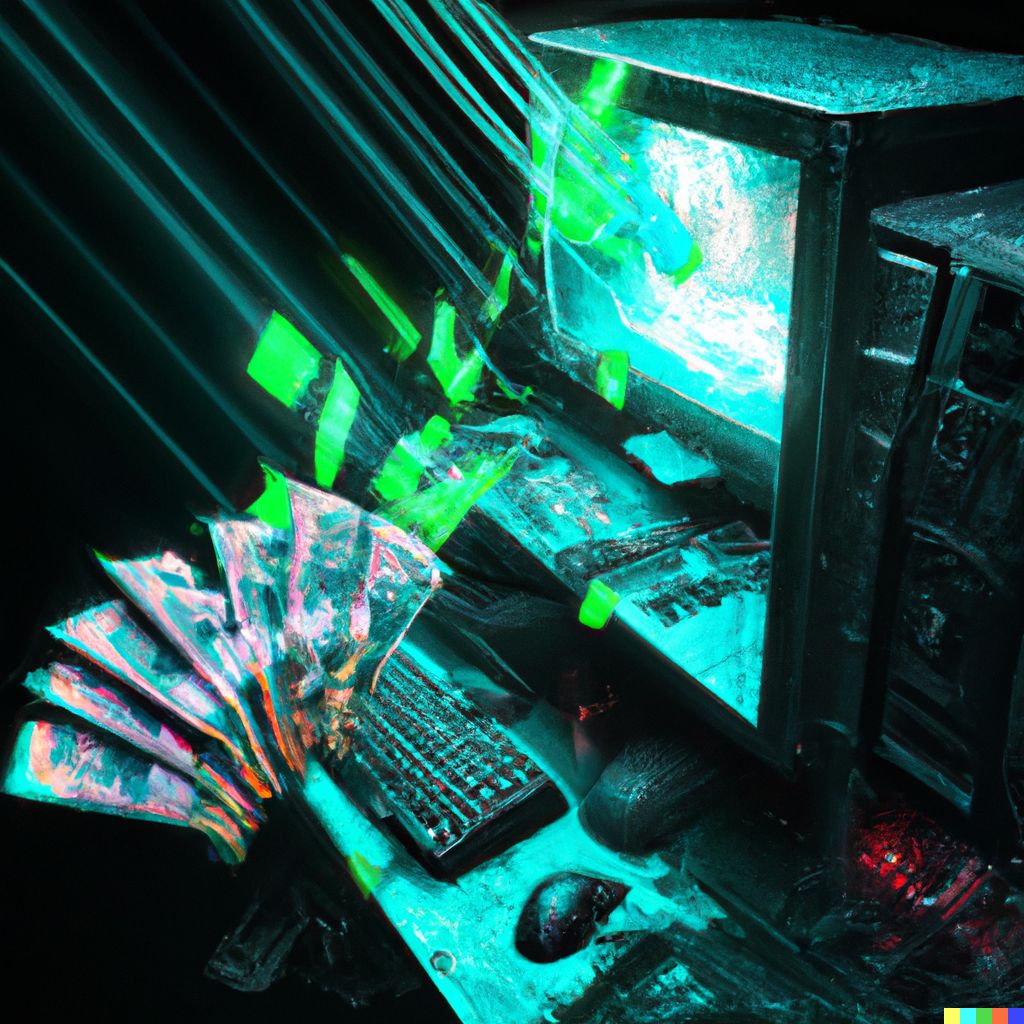
Clastr will provide software for gaming arenas, esport venues and internet cafes to give their PCs to gamers - remotely. The goal is to increase the number of hours spent playing at the gaming arena venue, thus increasing their revenue.
We have many exciting plans up ahead, described at the end chapter of this blog post. To understand why we are going into this direction, we have to dive into dot-com era & briefly explain the cause-effect relationship in emerging technology/economy space.
Clastr Demo version can already be tested on gaming arena's PCs, allowing gaming arenas to see what they could achieve with Clastr. This version is only a demo. Full Clastr version will be published soon.
The Rise and Fall of Internet Cafes.
Internet cafes had peaked in their popularity during the beginning of 21st century. At that time many people didn't have internet at their home, wi-fi was non-existent, and internet cafes provided an access point to the Internet. They became essential in many people's lives, and peaked at the beginning of 21st century.
Fast forward a couple of years, and number of internet cafes by some estimates dropped by 75-85%. The internet accessability increased, data transfers became cheaper, and internet became an infrastructure.
Of course, here we also have to consider emerging economies, where Internet infrastructure isn't as developed as in Europe, North America, or Australia. Their timelines and outcomes may be different. More on the internet cafe topic.
What's next? Gaming.
In the following years, as more people got internet access from home, the demand for internet cafes decreased and many of them became obsolete. Only ones who adjusted the most, survived. Internet became more accessible, but one problem persisted: not many people have access to professional gaming PCs.
Many companies saw that need and turned their way to gaming, instead of providing providing access to internet, relying on gaming as the new, emerging market (remember this for later).
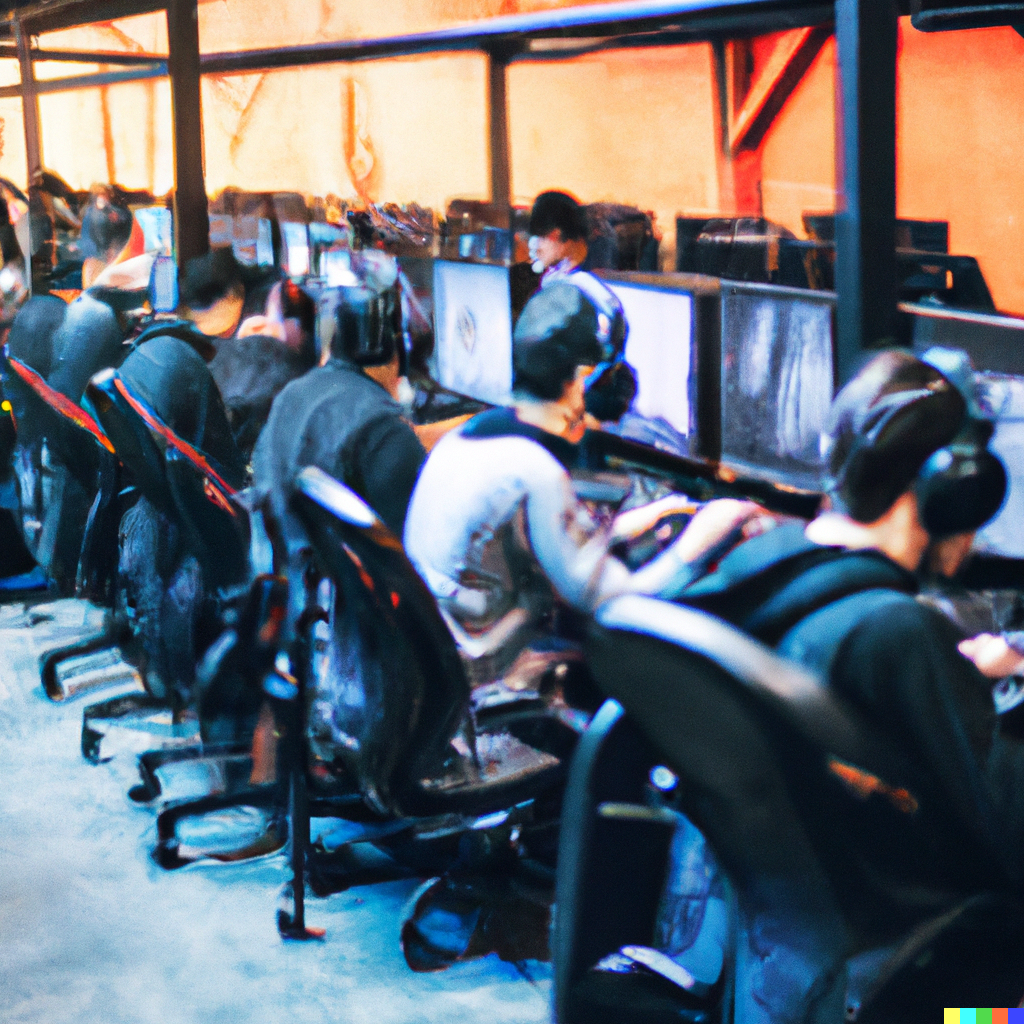
This gave the new opportunity for local Internet Cafes to pivot their service from the internet, to hardware. The new business model attracted many gaming related companies to invest in building the new venues, creating another aspiring business industry that has yet to reach it's peak.
Every industry has it's downside...
Most of gaming arenas aren't working at the full capacity, and when they are not, they usually mine crypto. This...this doesn't sound like a business model that is sustainable in the long run, and I don't mean environmentally sustainable (although this is true as well), but unsustainable from a business perspective. Mining crypto doesn't add any value to gamers, and it's not supporting their core business - lending out PCs to gamers. Cloud gaming on the other hand could be a part of Gaming Arena's business model, and attract completely new type of customers. This can also give a great marketing opportunity, especially for events organized by the game arena itself.
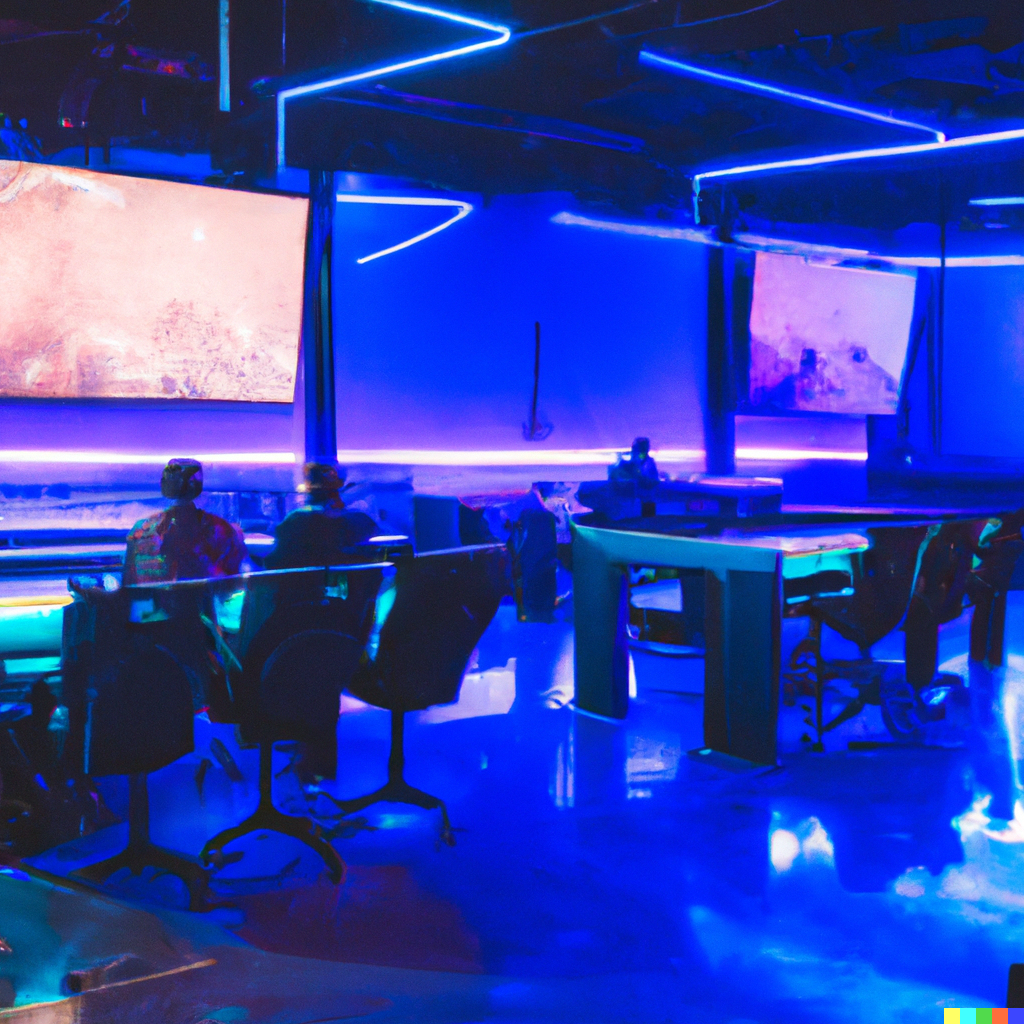
Remote everything - Except Gaming?
When Covid kicked in, suddenly "remote" became a new normal way of communication with others. You could provide many services online instead of in person, but you couldn't work if you were a gaming arena. Covid-led closures became more frequent, and many businesses lost their revenue. It doesn't make sense for gaming arenas not to be able to provide their services remotely, right? Clastr is going to enable this feature.
Cloud Gaming - Missing component to your Esport Business
Esport cafes have a simple business model. They offer time to spend playing at their PCs, charging either per hour, or having a subscription model. Other than that, they usually sell drinks or food, and less often merchandise & gaming equipment. They usually focus on people in groups, who come to play games with their friends, and there are also certain people that come just for the pure gaming experience. But, the new market segment is emerging - the one focused on the Cloud. These people don't want to come inside gaming arena to play, but just want to have a good PC - on demand. With the growth of cloud gaming & faster internet connections, many gamers will turn to Cloud when it comes to having a good PC, instead of going to the physical location.
This poses a threat to existing Gaming arenas or Esport venues, since they are localized and cannot be easily reachable by large amount of people. Cloud gaming is taking off, and gaming arenas don't have an opportunity to even compete with existing services.
This problem of not being able to provide their services remotely, but only locally, limits their scalability potential, but also kills their local market, since many people will switch to cloud, lowering the influence gaming arenas have on their users.
Here comes the Clastr
We recognized this problem, and we intend to solve it by building a service that would allow gamers to connect to PCs in gaming arenas / esport venues / internet cafes - remotely. The way Clastr works (for now) is as a bridge between the user, and the existing game management software in the gaming arena. This will allow for gaming arenas to increase the time spent playing at their PCs, leading to increase in overall revenue, and being an alternative to existing cloud gaming platforms.
Key features of "Clastr for Game Arenas":
- Providing a direct, peer-2-peer connection between the gamer and gaming arena's PC.
- Allowing multiple number of users per PC, which will allow gaming arenas to have gamers playing both inside and remotely (coming soon)
- Dashboard including statistics, active PCs, taken PCs, unavailable PCs, etc.
- Easy set-up of new PCs on Clastr
- Security features protecting both gamers connecting, and PCs.
- Customized site with your name & branding (additional)
- Interactive map for gamers where they can find your venue, tournaments, be notified about the potential watch parties, events, prizes, etc.
- More features to be announced soon.
We are super thrilled to be here, working on this completely new and exciting concept, that has yet to see the market potential. Clastr will help developing this type of industry by making it easier and less risky for new gaming arenas or esports venues to emerge, since they will have the completely new business model to strenghten and support the existing one.
As for gaming arenas, we believe that there is a massive opportunity for you to grow, and not just locally, but globally. Make your brand recognizable to the thousands of gamers online, increase your revenue and explore the opportunities in business & marketing that have never existed - until now.
And finally, Clastr can already be tested on your own gaming PCs. Simply go to Clastr Demo page and download our Provider application on the gaming PC. Run it, and connect to it with your inferior device by entering the "Provider Access Code" at our demo site.
We cannot be more thrilled to provide Gaming arenas with a new revenue stream that will change the way they operate and strenghten their position in the existing & emerging markets.
We're currently launching a couple of pilots, so if you see the potential in Clastr and would like to talk to us, let us know by reaching out to: petar@clastr.net
Clastr Demo reviews:
"I started using clastr for online gaming with friends, we play a browser platform fighter (think smash flash, but different), but the stock online option for the game was rancid We just started using clastr for hopefully giving our game a slightly more competitive edge, and it's so much better than the old one" - IceBryker
"hey there, I've seen some really great improvements recently with Clastr in terms of consistent visual sharpness and quality. Now all that's left is to ensure smooth framerate and low-latency" - Ali
For potential questions you might have about Clastr, please visit our Discord channel.
